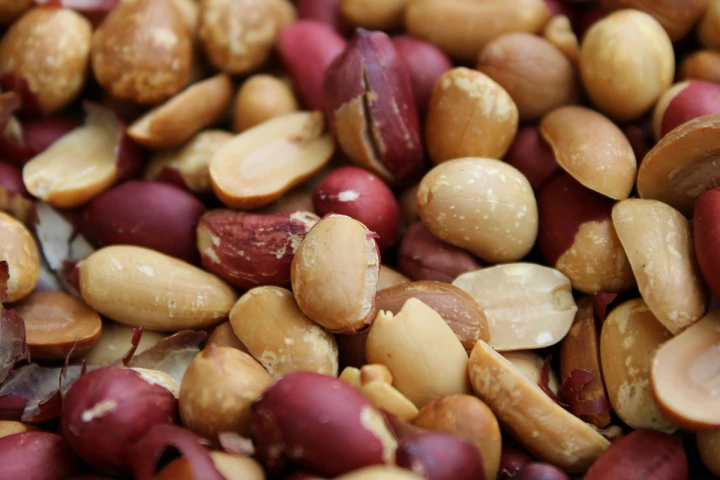Asthma
-
Vitamin C may offer meaningful protection against the invisible but pervasive threat of fine-particle air pollution. The common antioxidant significantly reduced lung inflammation and cellular damage caused by everyday, low-level exposure to PM2.5.
-
Cockroach infestations can worsen allergies and asthma in children, especially in low-income urban homes. Now researchers are better understanding why after discovering bacteria in their guts can release harmful substances called endotoxins into the air.
-
A common asthma medication could be the key to preventing life-threatening reactions to food allergies. Researchers at Northwestern University identified a previously unknown biological trigger for anaphylaxis – and a surprising way to target it.
-
New research suggests that expectations are associated with asthma outcomes. People who thought more negatively about their condition reported worse symptoms, adding to growing evidence about the mind-body connection and its influence on health.
-
New research found that drinking camel milk can reduce the severity of asthma caused by house dust mites, a major trigger. While the research is still in the early stages, it opens the door to using camel milk in combination with existing therapies.
-
Scientists have developed a nasal 'molecular shield' that disarms pollen, blocking allergic reactions fast without the use of drugs. This non-invasive method to effectively silence hay fever could be a game changer for around 81 million Americans.
-
The Hailie Smartinhaler improves asthma control by ensuring inhalers are used effectively and at the right time. It has been assisting American asthmatics since 2017; now its makers want it to be available to Aussie asthmatics, too.
-
As common as asthma is, exactly how it starts remains murky. Scientists have now identified a new root cause, and importantly a new angle for treating the disease that can prevent the main symptoms.
-
Combining census data with cutting-edge statistical analysis and satellite imagery, researchers have revealed a stark difference between inner- and outer-city living in terms of the risk children have of developing asthma.
-
A new study has found that exposing babies to prescription opioids while they’re in the womb can increase their risk of developing immune-related conditions – particularly infections, eczema and asthma – in early childhood.
-
Researchers found that 92% of severe asthmatics could decrease their daily steroid dose after receiving biologic therapy to reduce lung inflammation, minimizing the risk of adverse effects associated with long-term steroid use.
-
Many assumed asthmatic children would be more prone to severe COVID-19 infection, but a new study suggests that, compared to children who don’t have asthma, those with the condition are not at greater risk of serious COVID infection.
Load More











